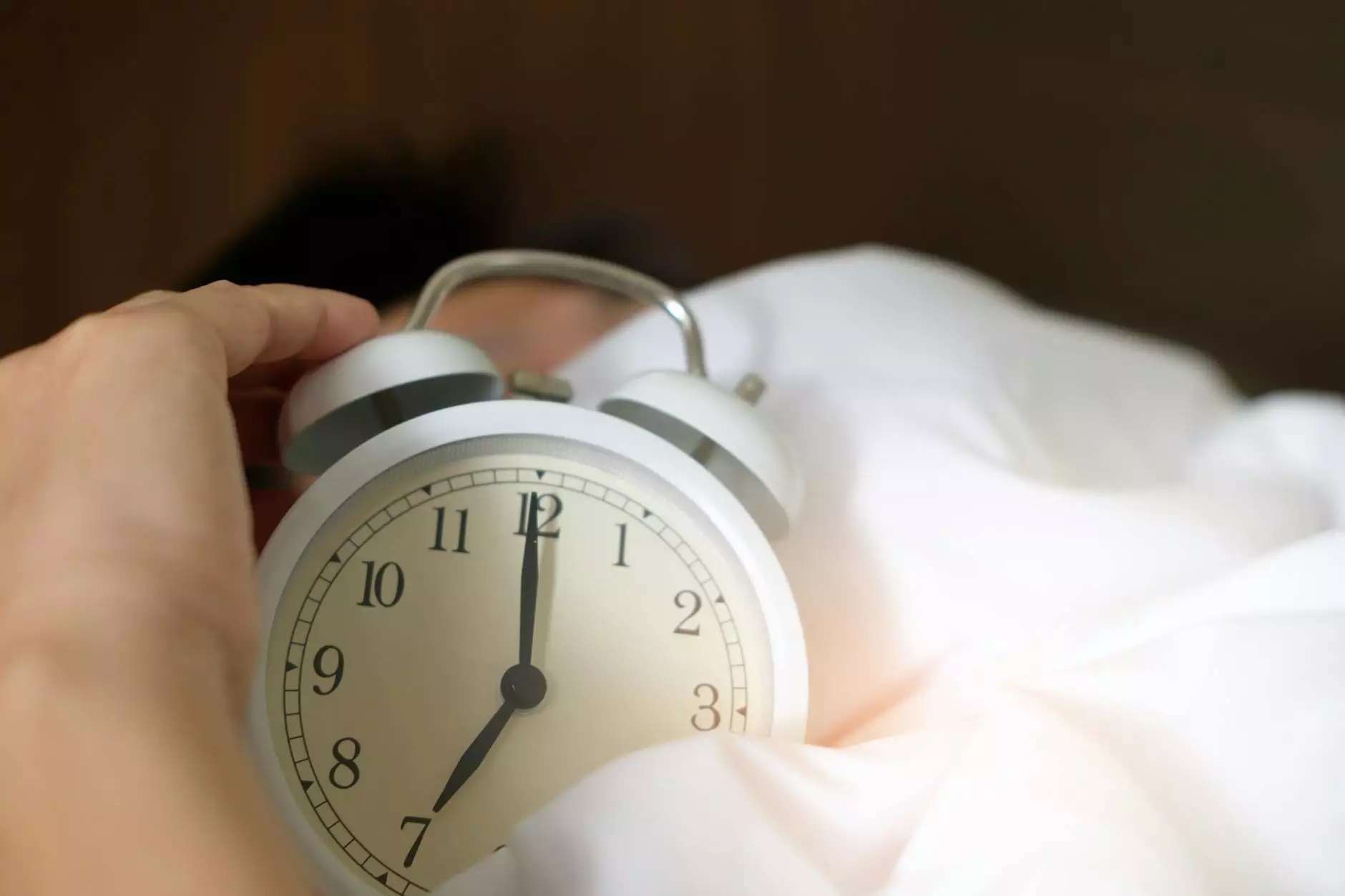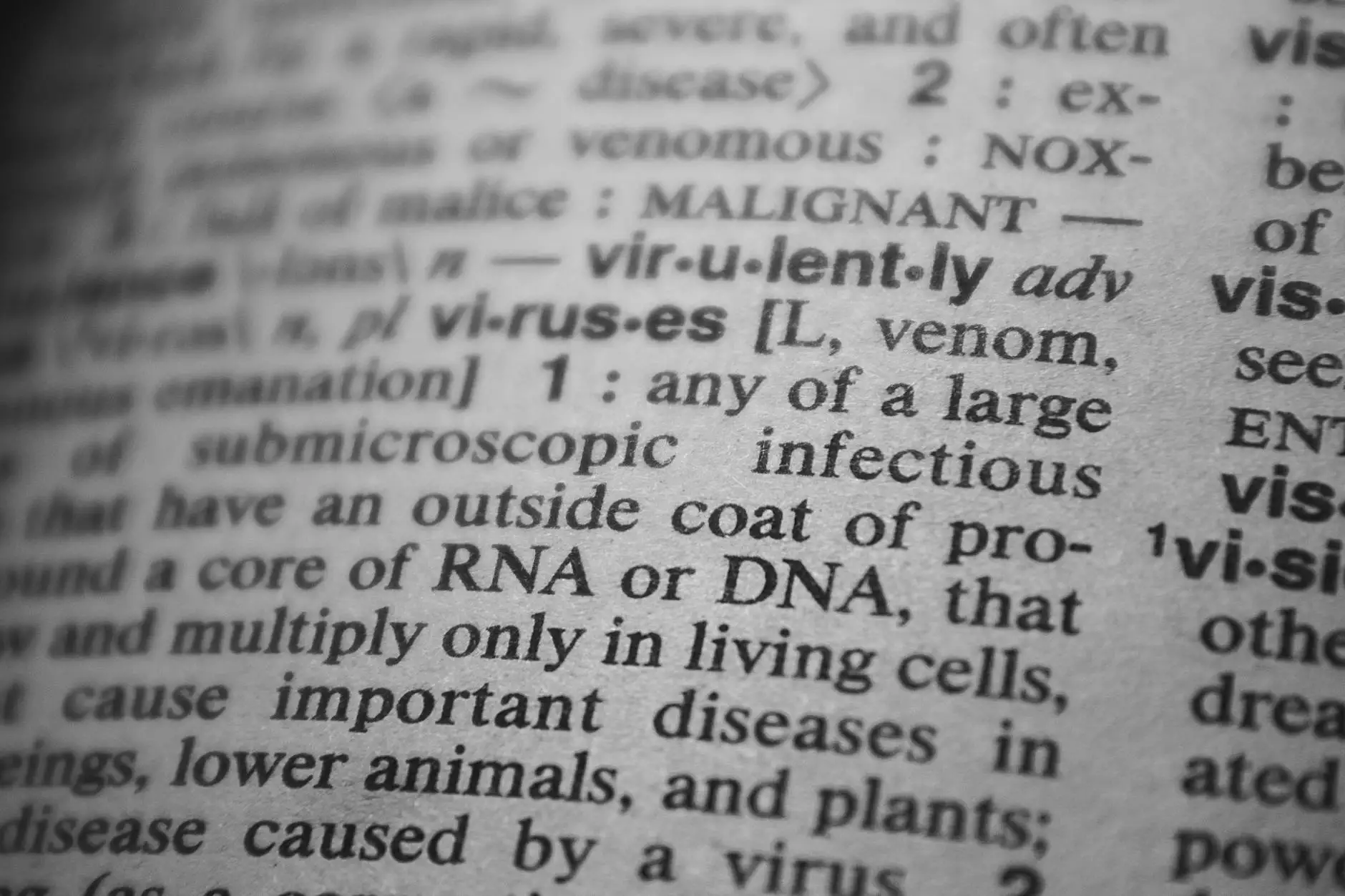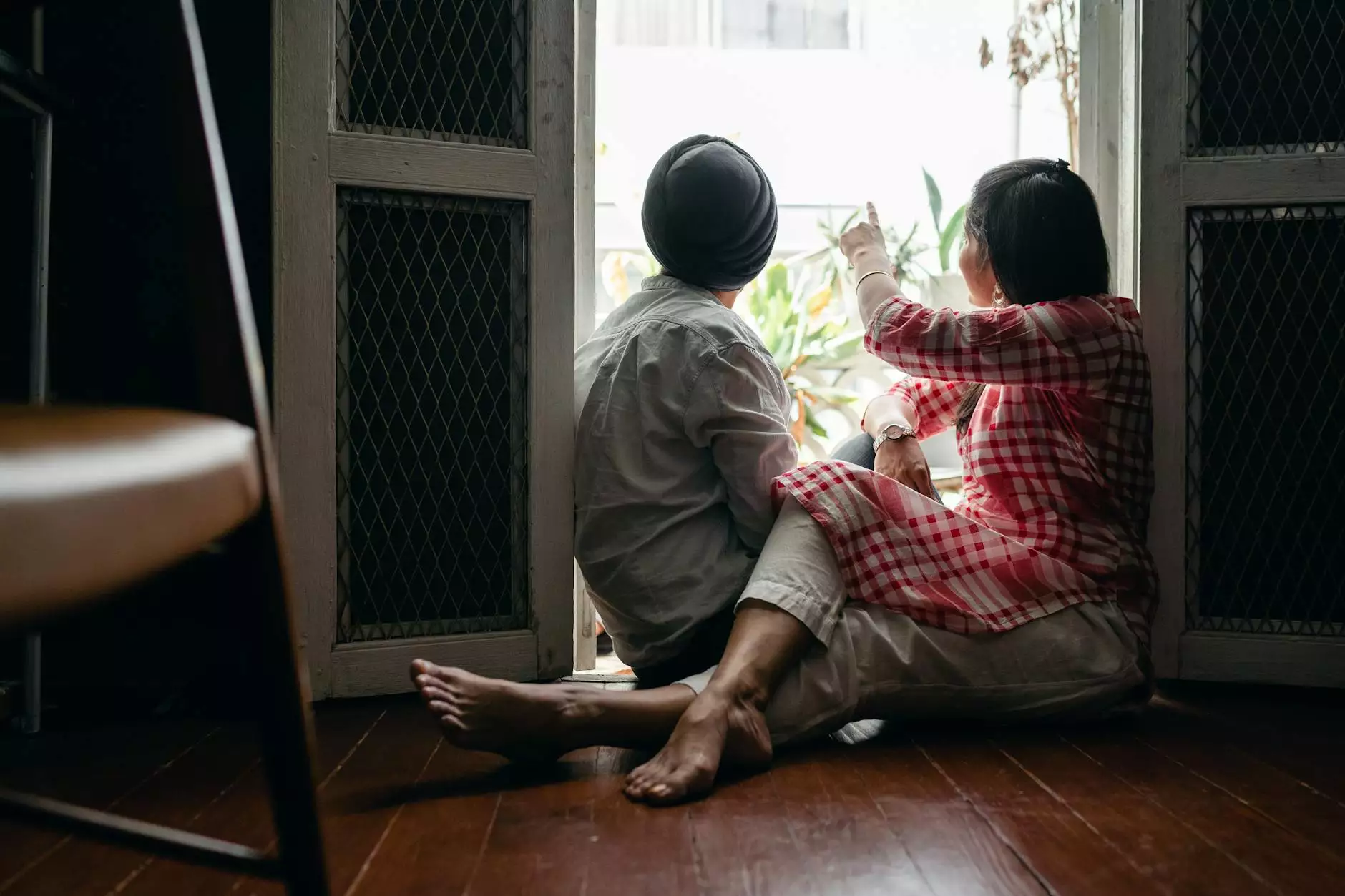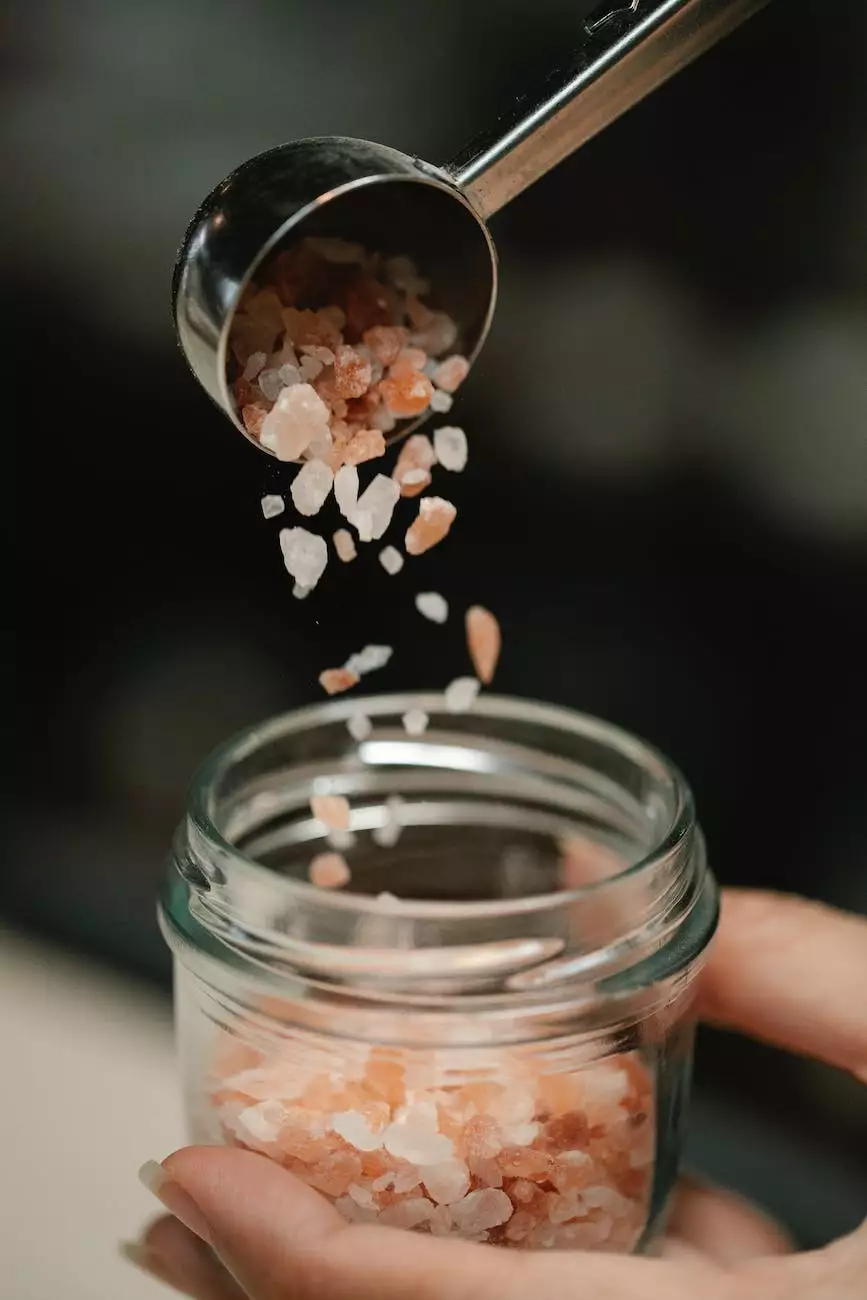English Vocabulary To Talk About Sleeping and Waking

Are you looking to expand your English vocabulary? In this lesson by NJCLT, we will delve into the topic of sleeping and waking, equipping you with a wide range of words and phrases to express your sleep-related experiences.
Sleeping Habits
Let's start by discussing various sleeping habits. Understanding these terms will allow you to describe your own routine or enquire about others' habits.
1. Early Bird
Do you often wake up early in the morning feeling refreshed and ready to start your day? Then you are an early bird! Early birds tend to go to bed early and wake up with the sunrise.
2. Night Owl
On the contrary, if you find yourself more productive and alert during the late hours, you are a night owl. Night owls typically stay awake past midnight and have difficulty waking up early in the morning.
3. Light Sleeper
Are you easily awakened by even the slightest noise or movement? As a light sleeper, disruptions during the night can affect your sleep quality. Noise-cancelling earplugs or a white noise machine might help improve your sleep environment.
4. Deep Sleeper
Unlike light sleepers, deep sleepers can remain sound asleep even in the midst of loud noises. Deep sleepers easily fall into a state of deep, restorative sleep and may require a louder alarm to wake up.
Sleep Patterns
Understanding sleep patterns is essential for maintaining healthy sleep habits. Let's explore different sleep patterns and discuss their implications on your overall well-being.
1. REM Sleep
REM (rapid eye movement) sleep is a crucial stage of sleep associated with vivid dreams. During REM sleep, your brain is highly active, and your eyes move rapidly. This stage is important for memory consolidation and learning.
The Importance of REM Sleep
Getting an adequate amount of REM sleep is crucial for mental health and cognitive function. It is during this stage that your brain processes emotions, helps you engage in creative thinking, and restores your energy levels.
2. NREM Sleep
NREM (non-rapid eye movement) sleep consists of multiple stages that progress in cycles throughout the night. These stages are characterized by different brain wave patterns.
Stage 1: Light Sleep
During this initial stage of sleep, you may experience drifting in and out of sleep and occasional muscle twitches. It's relatively easy to wake up during this stage.
Stage 2: True Sleep
In stage 2, your body temperature drops, and your heart rate begins to slow down. This stage takes up a significant portion of your overall sleep time.
Stage 3: Deep Sleep
Stage 3 is the deepest stage of NREM sleep, also known as slow-wave sleep. It is during this stage that your body repairs itself, strengthens the immune system, and promotes tissue growth and repair.
3. Circadian Rhythm
The circadian rhythm refers to your body's internal clock that regulates your sleep and wake cycles. It follows a 24-hour cycle, influenced by external factors such as light exposure and daily routines.
Keeping your Circadian Rhythm in Balance
Establishing a consistent sleep schedule, exposing yourself to natural light during the day, and limiting screen time before bedtime can help regulate your circadian rhythm and improve the quality of your sleep.
Sleep-related Activities
Now that we have covered sleeping habits and sleep patterns, let's focus on vocabulary related to sleep-related activities.
1. Bedtime Routine
Having a consistent bedtime routine can signal to your body that it's time to wind down and prepare for sleep. Some common bedtime activities include reading a book, taking a warm bath, or practicing relaxation techniques.
2. Dream Analysis
Have you ever wondered about the meanings behind your dreams? Dream analysis involves exploring the symbolism and hidden messages within your dreams, helping you gain insight into your subconscious mind.
3. Insomnia
Insomnia is a sleep disorder characterized by difficulty falling asleep, staying asleep, or experiencing non-restorative sleep. If you struggle with insomnia, it is important to identify and address any underlying causes.
4. Sleep Disorders
Sleep disorders encompass a wide range of conditions that affect sleep quality and quantity. Some common sleep disorders include sleep apnea, restless leg syndrome, and narcolepsy. Consult with a medical professional if you suspect you may have a sleep disorder.
In Conclusion
By mastering the vocabulary and phrases related to sleeping and waking, you can effectively communicate your sleep-related experiences and engage in meaningful conversations. This comprehensive lesson by NJCLT aims to equip you with the language tools you need to navigate discussions on sleep and boost your overall English proficiency.
Remember, a good night's sleep is essential for your health and well-being, so prioritize creating a sleep-friendly environment and maintaining a consistent sleep routine. Sleep tight!










